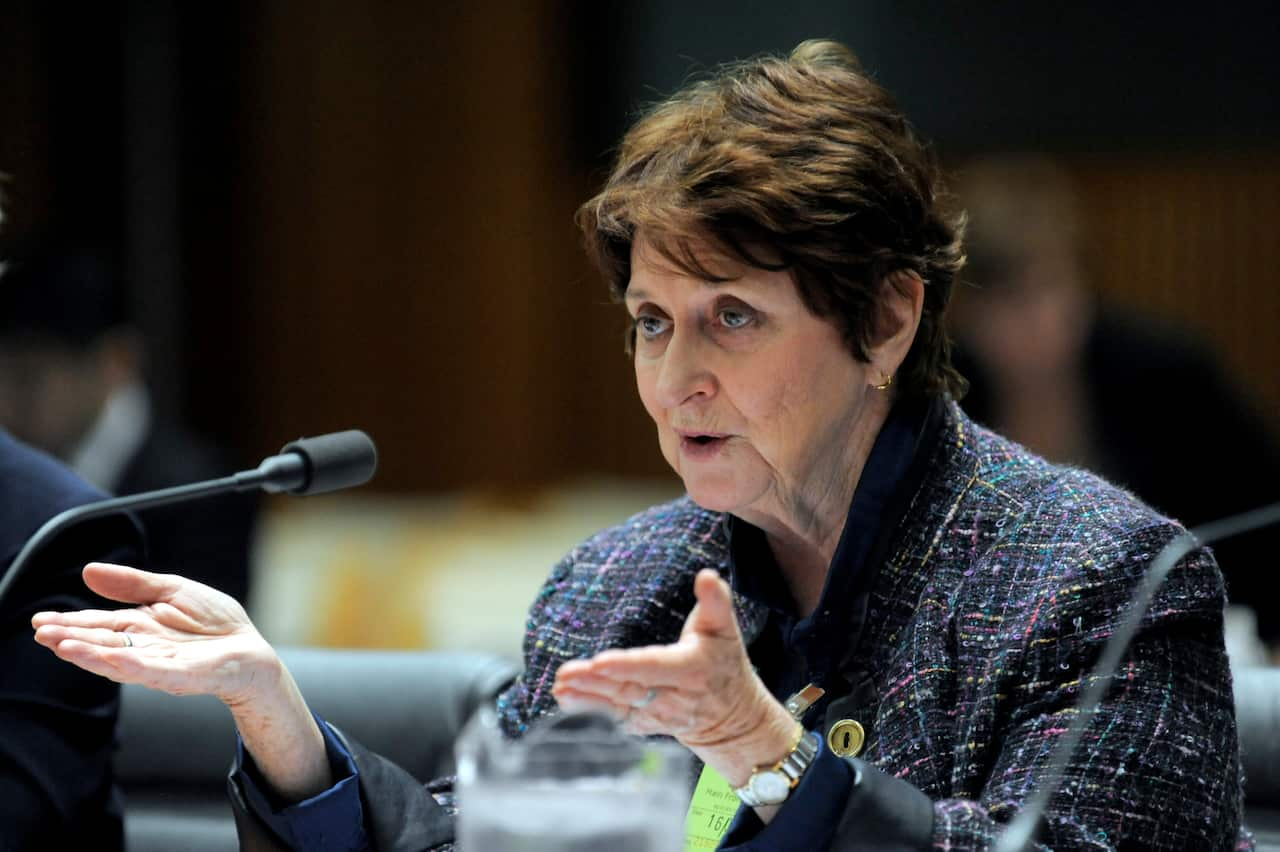A report commissioned by the Australian Computer Society, called 'Australia’s Digital Pulse', has revealed only 11 per cent of the information and communication technology (ICT) sector’s total workforce of 600,000, is aged over 55.
Federal Age Discrimination Commissioner Susan Ryan said this may be because older people are often told they're no longer required and lose their job unfairly.
"Trying to get a new job if you're over 50 is extremely difficult, and people with the most impressive track record of working in the ICT industry are often just left with no employment," Ms Ryan said. Cecily MacDougall has been in the industry for more than 25 years. She has experienced discrimination first-hand and sees a shortage of women in IT roles.
Cecily MacDougall has been in the industry for more than 25 years. She has experienced discrimination first-hand and sees a shortage of women in IT roles.

"There have been many meetings where I'm the token woman and basically looked over because why would a female know anything about technology," Ms MacDougall said.
She said the perception that you can’t teach older people about technology was misinformed.
“If I look at my parents, we've introduced them to email, word processing and the internet," she said.
"They have picked it up.”
Information and communication technology is an industry the Australian economy relies on, with the report forecasting its contribution will reach close to $140 billion by 2020.
Broken down, that’s seven per cent of Australia's gross domestic product.
"There have been many meetings where I'm the token woman and basically looked over because why would a female know anything about technology."
President of Australian Computer Society, Anthony Wong, said older people are assets to the industry.
“Older workers can actually see where the trends are going and what is actually happening in the market place,” he said.
“They are in a good position to be able to advise, inform and work with their employers and organisations to help in the digital transition.
"So obviously IT is changing our economy. The way we work is going to be different today as compared to the future."
The Human Rights Commission is conducting a national inquiry into employment discrimination against older Australians and those with a disability.
Commissioned by Attorney-General George Brandis, the inquiry will advise the federal government on what laws need to be amended to address employment discrimination.
The findings are expected to be handed down in May.
To date, the inquiry has met with more than 1,000 individuals in more than 20 locations.
“I’ve travelled just about everywhere in Australia holding public consultations with a wide range of people. Employers large and small, human resource specialists, academics and of course older workers themselves,” Ms Ryan said.
Share


